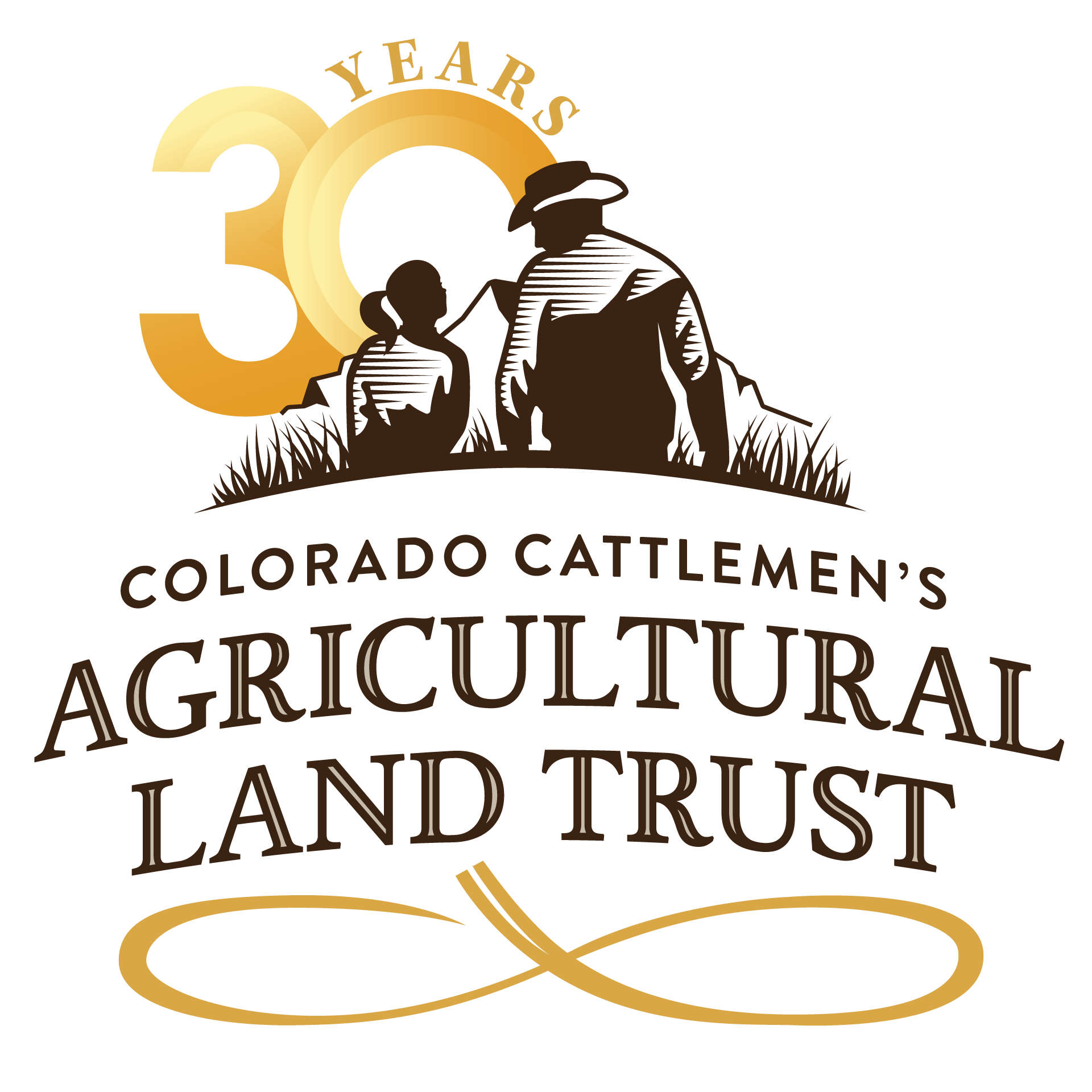The Superbowl Of Conservation – Written By Maggie Hanna
Given in honor of renowned conservationist Aldo Leopold, the Leopold Conservation Award provides a visible forum where farmers, ranchers and other private landowners are recognized for their leadership in conservation. In his influential 1949 book, A Sand County Almanac, Leopold called for an ethical relationship between people and the land they own and manage, which he called “an evolutionary possibility and an ecological necessity.”
Since the first award in Colorado was granted to the Capps Ranch near Walsenburg in 2003, the Leopold Conservation Award has been jointly presented by the Colorado Cattlemen’s Association (CCA) and the Colorado Cattlemen’s Agricultural Land Trust (CCALT). Each year nominations are solicited from landowners, partners, conservationists, past winners, and watchful neighbors. Nominees are asked to complete an application which is reviewed by a panel of judges. This year the judges included Commissioner of Agriculture Don Brown, past winner Grady Grissom, Fifth Creek Energy’s Pat Graham, Rabo AgriFinance’s Ryan Land, Tami Arnold with the Colorado Beef Council, Nancy Labbe with the World Wildlife Fund, the U.S. Fish and Wildlife Service’s Bill Noonan, president of the CCA Todd Inglee, Dr. James Pritchett from CSU, and Dane Harbaugh representing the Gates Family Foundation.
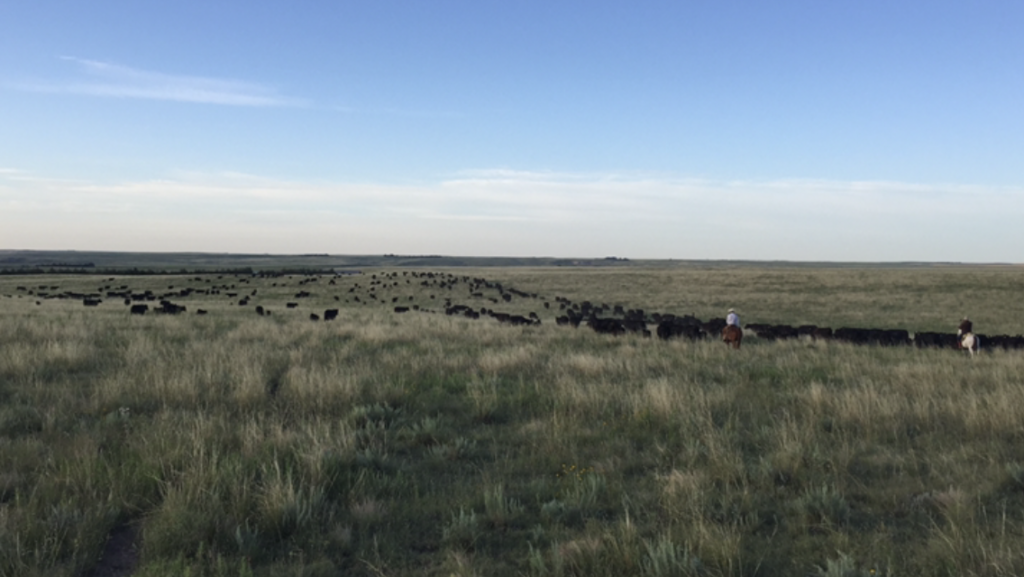
Livingston Ranch, Kit Carson County 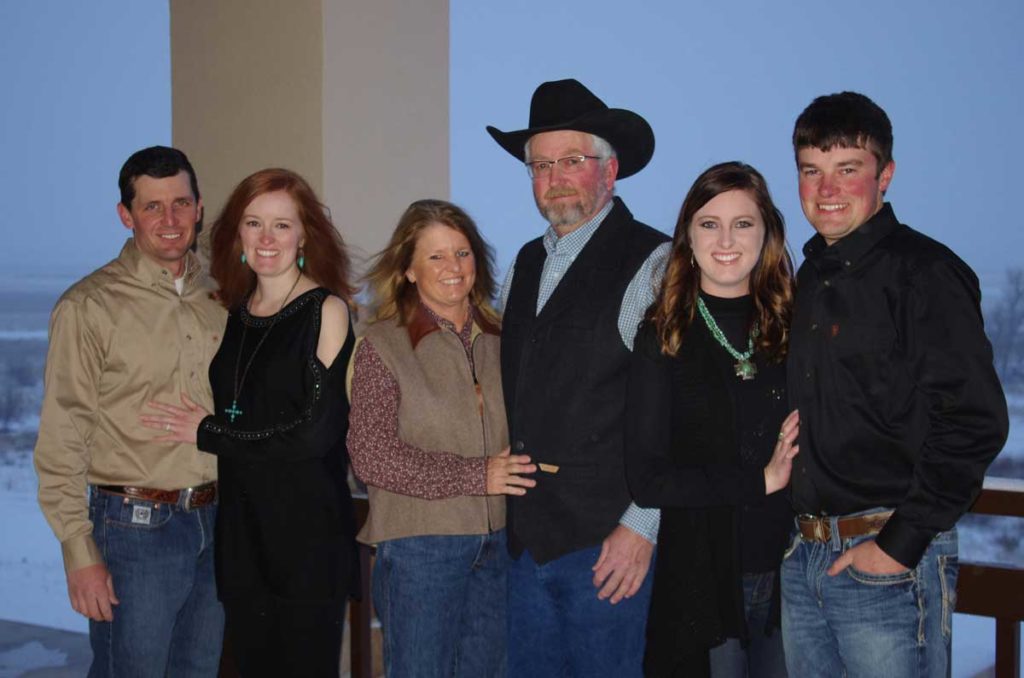
Livingston Family
The 2018 Leopold Conservation Award nominees featured an impressive array of families and operations from around the state. The conservation work that each family has accomplished is impressive in and of itself. These applicants showcase the diversity of agriculture in Colorado and the dedication that farming and ranching families have to the lands that they steward, their communities, and their families. The two finalists this year were the Stults Family near Wray, and the Livingston Family outside of Stratton. Taking home this year’s top honors was the Beatty Canyon Ranch Co. near Kim, Colorado.
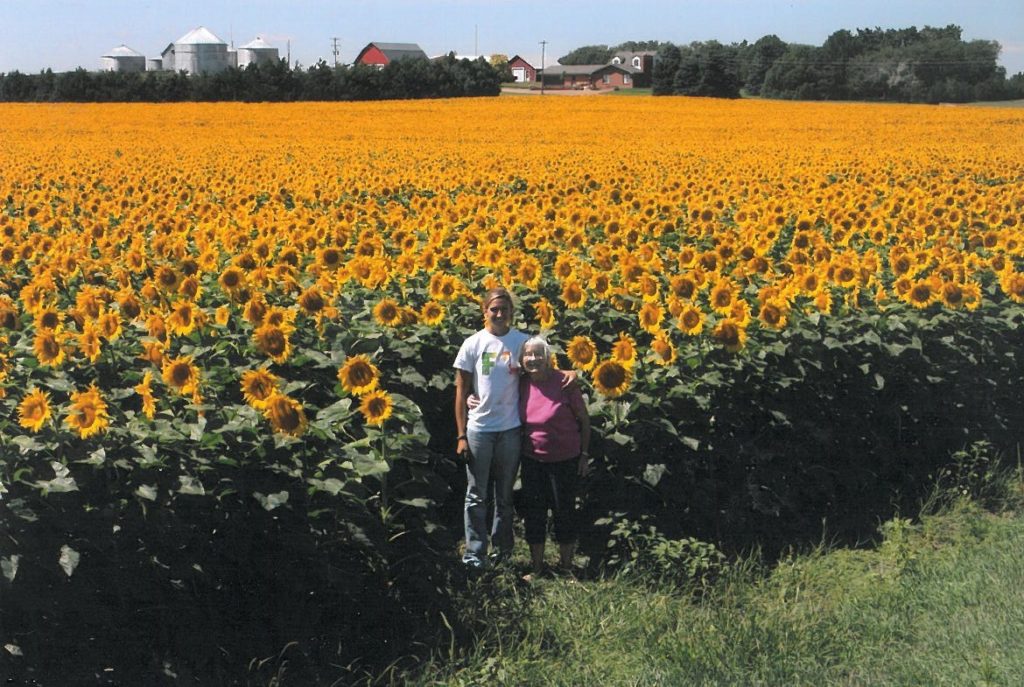
Stults Ranch, Yuma County 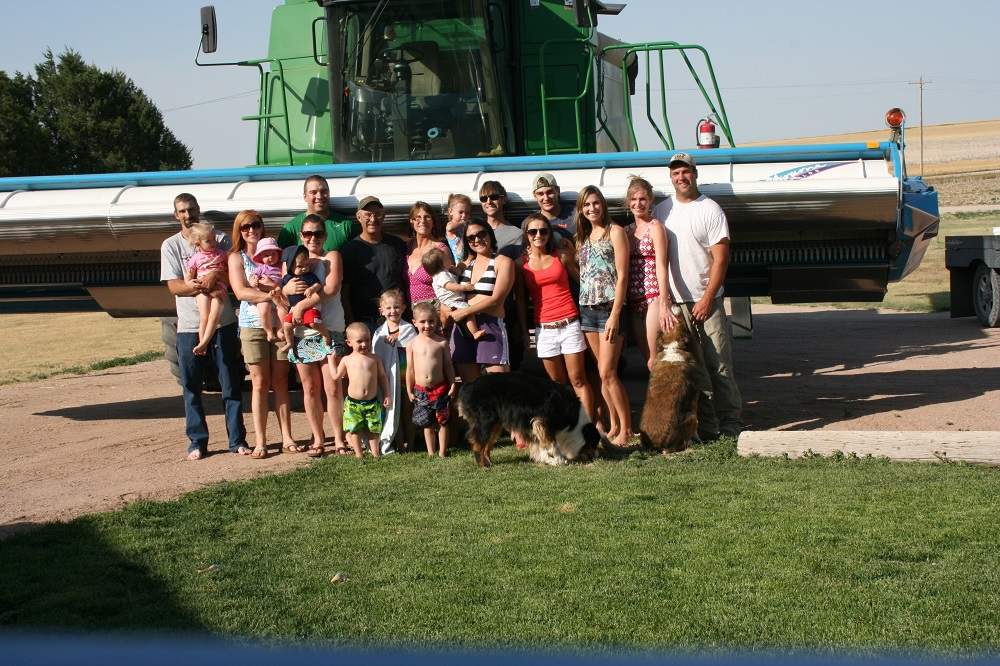
Stults Family
Each of the finalists as well as this year’s winner represent generational ranches and families that have long served as examples of cutting edge conservation. Each of these outstanding applicants has been able to harness conservation as an important feature of their business. The bottom line for these folks always includes improving the land and livestock. They have figured out how to include their families and have diversified a good deal of their operation, whether that is free range chickens or artists’ gatherings. For all, management includes controlling invasive species, managing grazing, and a focus on wildlife habitat. These are just a few of the reasons these ranches are being recognized this year.
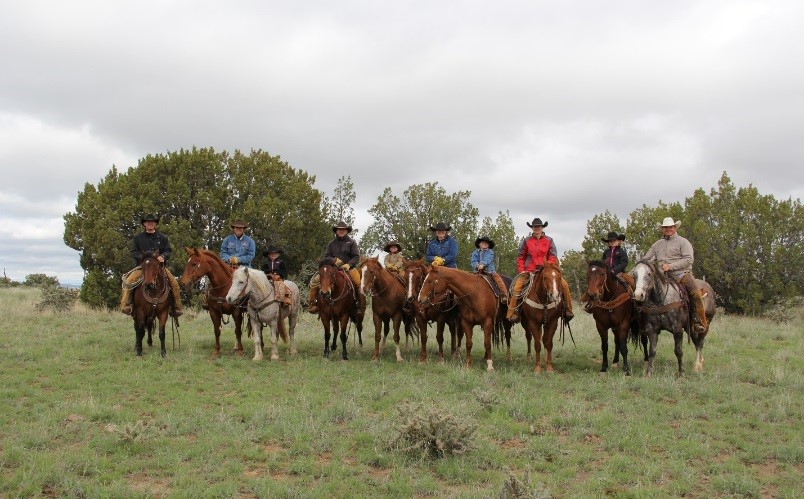
Wooten Family 
Beatty Canyon Ranch, Las Animas County
We are grateful for all of Colorado’s agricultural families, but immensely grateful for families like these who are willing to be leaders in the industry and in their communities. Stay tuned for more information on this year’s winner!
